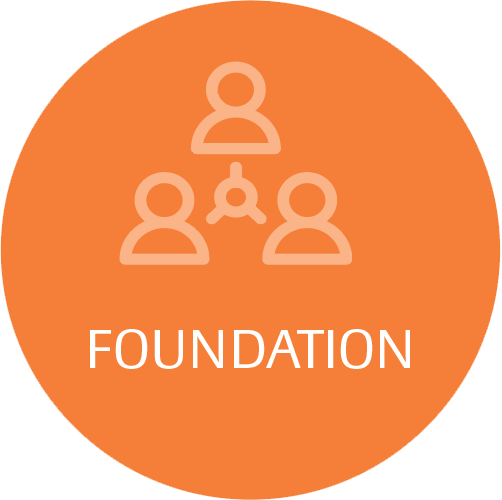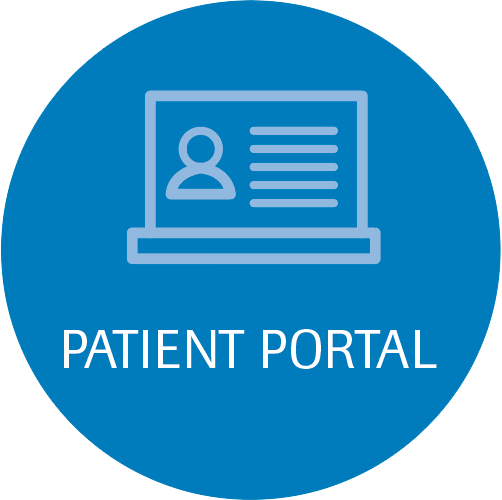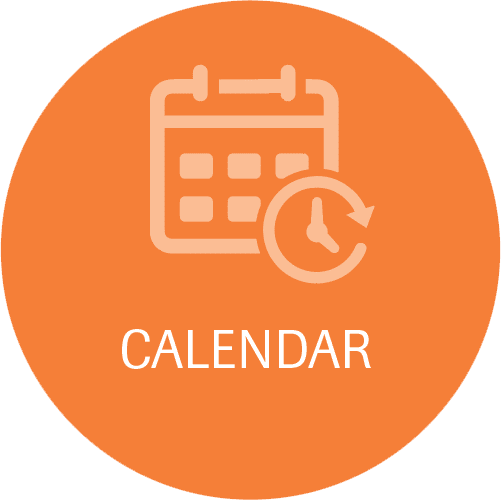What is a Cardiac Stress Test and what does it do?
There are 4 types of Cardiac studies performed at Jackson Hospital:
Regular Treadmill Stress Test (No Isotope)
- Basic chest pain evaluation.
- Evaluation of EKG while heart is being stressed with exercise.
- Basic evaluation of blood flow in the arteries that supply the heart
Nuclear Medicine Treadmill Stress Test (w/Isotope)
(Nuclear Medicine Stress Testing with Imaging is a 2-Day Process)
- Chest pain evaluation with Nuclear Medicine imaging.
- Evaluation of EKG while heart is being stressed with exercise.
- Evaluation of blood flow in the arteries that supply the heart.
Nuclear Medicine Lexiscan™ Stress Test (w/Isotope)
(Nuclear Medicine Stress Testing with Imaging is a 2-Day Process)
- Chest pain evaluation with Nuclear Medicine imaging.
- Evaluation of EKG while heart is being stressed with a vasodilator (If you are unable to walk on the treadmill).
- Evaluation of blood flow in the arteries that supply the heart.
Nuclear Medicine Dobutamine™ Stress Test (w/Isotope)
(Nuclear Medicine Stress Testing with Imaging is a 2-Day Process)
- Chest pain evaluation with Nuclear Medicine imaging.
- Evaluation of EKG while heart is being stressed with Dobutamine (If you are unable to walk on the treadmill).
- Evaluation of blood flow in the arteries that supply the heart.
Who performs the test?
This procedure will be performed by a Nuclear Medicine Technologist and the ordering physician. The Nuclear Technologist is certified by the NMTCB (Nuclear Medicine Technology Certification Board), and/or the ARRT (The American Registry of Radiologic Technologists). All of the Nuclear Medicine Technologists at Jackson Hospital are licensed in the state of Florida.
Where does it take place?
This procedure will be performed in the Nuclear Medicine Department at Jackson Hospital. This is located in Radiology at the main hospital.
How long does it take?
Regular Treadmill Stress Test (No Isotope) takes approximately 1 hour.
Nuclear Medicine Treadmill Stress Test (w/Isotope) takes approximately 1 hour on day 1 and 2 hours on day 2).
Nuclear Medicine Lexiscan™ Stress Test (w/Isotope) takes approximately 1 hour on day 1 and 2 hours on day 2).
Nuclear Medicine Dobutamine™ Stress Test (w/Isotope) takes approximately 1 hour on day 1 and 2 hours on day 2).
What can I do to make it a success?
- Wear comfortable loose fitting clothing.
- Do not have anything to eat or drink after midnight, the day before your exam. No products with caffeine (coffee, tea, soda, chocolate, etc.) for 24 hours before the test.
- Certain medications must not be taken 48 hours prior to your exam, please consult your physicians office for detailed list of medications.
- Bring all of your medications with you to your appointment.
- Bring a copy of your doctor’s order with you to your appointment.
What should I do before the exam?
Make sure you have not had anything to eat or drink 4 hours before the exam.
- Certain medications must not be taken 48 hours prior to your exam, please consult your physicians office for detailed list of medications.
- Bring all of your medications with you to your appointment.
- Bring a copy of your Doctors order with you to your appointment.
What happens during the exam?
Regular Treadmill Stress Test (No Isotope)
- When you arrive you will be asked a series of questions related to your medical history and medications.
- 10 EKG electrodes will be placed on your chest; if necessary your chest may have to be shaved in places. A blood pressure cuff will be placed on your arm and a baseline EKG and blood pressure will be taken.
- The ordering physician will be notified and upon his or her arrival the test will begin.
- In order for the heart to be exercised, the patient will walk on the treadmill for a varying amount of time based on the physician’s preference. In most cases an adequate test will be achieved when the heart rate reaches 85% of the maximum predicted based on your age.
- To calculate the maximum heart rate for your age, take 220, minus (-) your age. Your target rate will be 85% of this number.
Nuclear Medicine Treadmill Stress Test (w/Isotope)
(Nuclear Medicine Stress Testing with Imaging is a 2-Day Process)
Day 1
- When you arrive you will be asked a series of questions related to your medical history and medications.
- You will then be given an intravenous injection of a radioisotope in order to image the blood flow to your heart.
- After the isotope circulates for 30-60 minutes a scan will be performed which takes approximately 20 minutes. (Resting Images).
Day 2
- When you arrive for day 2, an intravenous line will be placed.
- 10 EKG electrodes will be placed on your chest; if necessary your chest may have to be shaved in places. A blood pressure cuff will be placed on your arm and a baseline EKG and blood pressure will be taken.
- The ordering physician will be notified and upon his or her arrival the test will begin.
- In order for the heart to be exercised, the patient will walk on the treadmill for a varying amount of time based on the physician’s preference. In most cases an adequate test will be achieved when the heart rate reaches 85% of the maximum predicted based on your age.
- To calculate the maximum heart rate for your age, take 220, minus (-) your age. Your target rate will be 85% of this number
- When an adequate heart rate is achieved, the radioisotope will be injected through your IV line.
- After a period of recovery time, imaging will take place again in Nuclear Medicine. (Stress Images).
Nuclear Medicine Lexiscan™ Stress Test (w/Isotope)
(Nuclear Medicine Stress Testing with Imaging is a 2-Day Process)
Day 1
- When you arrive you will be asked a series of questions related to your medical history and medications.
- You will then be given an intravenous injection of a radioisotope in order to image the blood flow to your heart.
- After the isotope circulates for 30-60 minutes a scan will be performed which takes approximately 20 minutes. (Resting Images).
Day 2
- When you arrive for day 2, an intravenous line will be placed.
- 10 EKG electrodes will be placed on your chest; if necessary your chest may have to be shaved in places. A blood pressure cuff will be placed on your arm and a baseline EKG and blood pressure will be taken.
- The ordering physician will be notified and upon his or her arrival the test will begin.
- If you are unable to exercise on the treadmill, a Lexiscan™ stress test is performed.
- At the start of the test, Lexiscan™, a type of medication that dilates the blood vessels in your body is injected over a period of 20 seconds. Immediately after, the radioisotope is injected for imaging the heart.
- After a period of recovery time, imaging will take place again in Nuclear Medicine. (Stress Images).
Nuclear Medicine Dobutamine™ Stress Test (w/Isotope)
(Nuclear Medicine Stress Testing with Imaging is a 2-Day Process)
Day 1
- When you arrive you will be asked a series of questions related to your medical history and medications.
- You will then be given an intravenous injection of a radioisotope in order to image the blood flow to your heart.
- After the isotope circulates for 30-60 minutes a scan will be preformed which takes approximately 20 minutes. Resting Images).
Day 2
- When you arrive for day 2, an intravenous line will be placed.
- 10 EKG electrodes will be placed on your chest; if necessary your chest may have to be shaved in places. A blood pressure cuff will be placed on your arm and a baseline EKG and blood pressure will be taken.
- The ordering physician will be notified and upon his or her arrival the test will begin.
- If you are unable to exercise on the treadmill, a Dobutamine™ stress test is performed.
- At the start of the test, Dobutamine™, a type of medication that slowly increases your heart rate is infused via an IV pump. Once your heart rate has reached the appropriate rate for your age, the radioisotope is injected for imaging the heart.
- After a period of recovery time, imaging will take place again in Nuclear Medicine. (Stress Images).
What should I do after the exam?
Your IV line will be removed. Your images will be processed after your scan. They will then be submitted to the Radiologist/Cardiologist for review and interpretation. The results will be forwarded to the ordering physician when transcription is complete.
Contact Information:
Hospital (main operator): (850) 526-2200
Nuclear Medicine Department (at hospital): (850) 718-2584
Radiology Department (at hospital): (850) 718-2580





